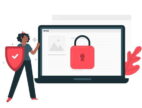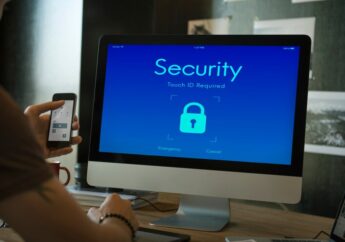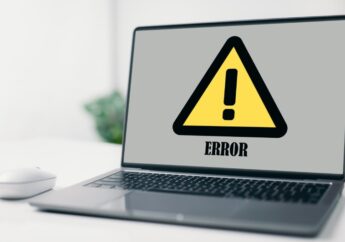How to Solidify Your Business Cybersecurity
by Ankita Tripathy Business Security Systems Published on: 24 June 2020 Last Updated on: 26 November 2024
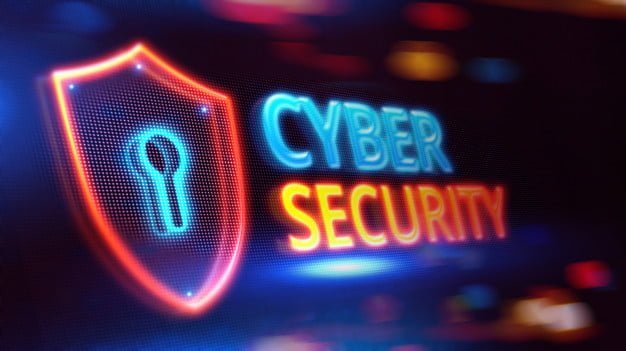
If you’re in any doubt whether your business is a hacking target, you’re not alone. The vast majority of business owners do not believe that they are at risk of a hack. Still, half of the small businesses have experienced some sort of digital breach.
As a result, it is very important for businesses to understand the essence of cybersecurity and establish business network security.
In this article, we will be looking at some of the most prominent and important steps you need to take to establish a proper cybersecurity module.
How To Improve Your Business Network Cybersecurity
Any business appeals to hackers, but small businesses especially so, as they have a good amount of data with typically very little security.
You may never notice a breach, but you might find that your money, employee details, and customer data have been stolen. Here’s how you can solidify your business cybersecurity:
1. Train All Your Employees

Your employees are not just potential victims of a bad hack. They are also potential entry points. Social engineering is an important part of the hacker’s toolkit and involves simply lying and manipulating real people to get the necessary information for hacking.
That’s why you should create an effective cybersecurity policy for your business, including best practices and procedures for keeping data safe, as well as a clear protocol to follow if a security breach occurs.
Ensure your employees create strong and unique passwords (or issue these yourself) for every desktop, mobile, and SaaS account they use. If you can, set up two-factor authentication.
2. Stay UpToDate
One of the most important elements in maintaining computer security is simply staying up to date with updates. Therefore, ensure that all OS and software are always up to date.
3. Threat Prevention Box
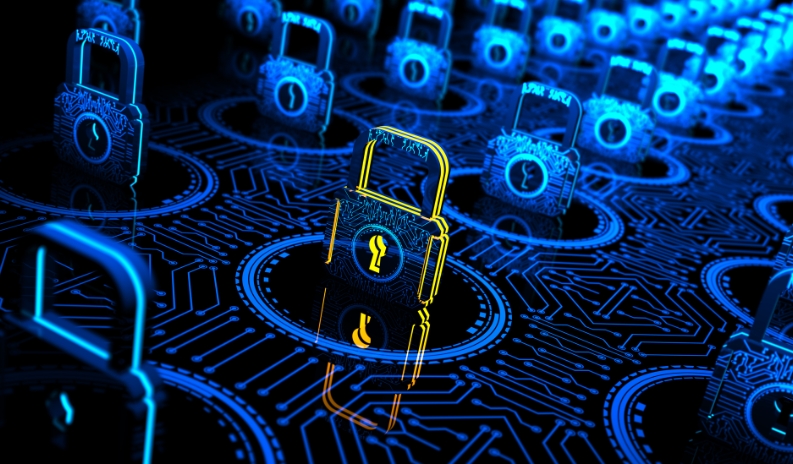
A threat prevention box is a piece of hardware, such as the Check Point appliances, which offer a firewall, VPN, IPS, application control, URL filtering, anti-bot tech, anti-virus tech, and anti-spam protection.
Checkpoint boxes range from £400 for small businesses to £74,000 for high-performance companies with huge numbers of gateways, though checkpoint resellers can often offer significant discounts.
4. Backups
Ransomware is horrible; it hijacks key information on your computer and sells it back to you with the threat that the information will be destroyed if you don’t participate. However, ransomware can’t hurt you if you have a complete backup of everything.
You can just turn your computer off, purge it, and switch hard drives. It also means that you have a backup of any important customer data that you simply cannot lose, though you will have to report that it has been stolen and very likely will lose the trust of your customers. Prevention is always better than treatment!
5. Secure Wi-Fi Practices
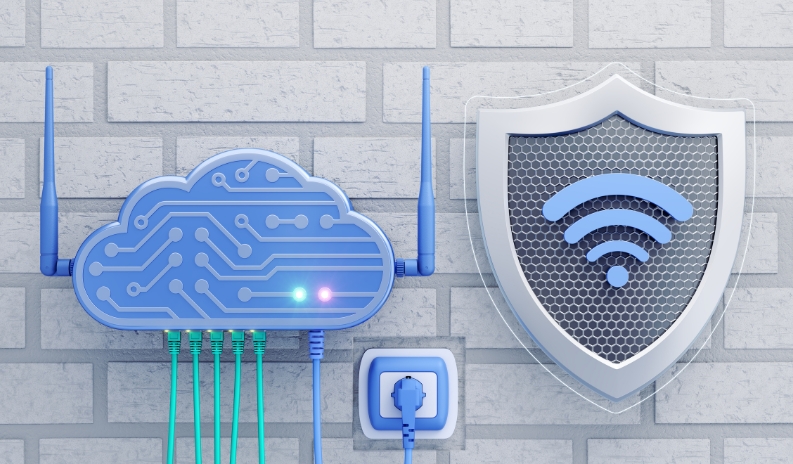
Wi-Fi is an important part of cybersecurity because if somebody with malicious intent gets access to it, they can monitor all important information transmitted over Wi-Fi. This is essentially why you should never submit a password if you’re using open Wi-Fi in a café, restaurant, or airport.
With just an Android or a jailbroken iPhone, a criminal can download an app that simply ‘watches’ the Wi-Fi for people transmitting passwords.
You should have secure Wi-Fi for secure data – don’t use the same Wi-Fi that you offer to customers and, if at all possible, set up your employee Wi-Fi without your employees actually knowing the password.
If this is impossible, consider changing your password regularly.
6. Take Help Of Password Managers
As a business, your aim is to keep everything under lock and key. Therefore, ensuring that your password is secured is very important. This will work as the first line of defense.
However, managing hundreds of passwords is not an easy task. Therefore, you need to seek help from password managers. There are countless automated password managers on the internet.
All you need to do is get hold of one of these password managers and route all your passwords through it. This will actually help you keep track of all the passwords secure and safe at the same time.
7. Use Firewall
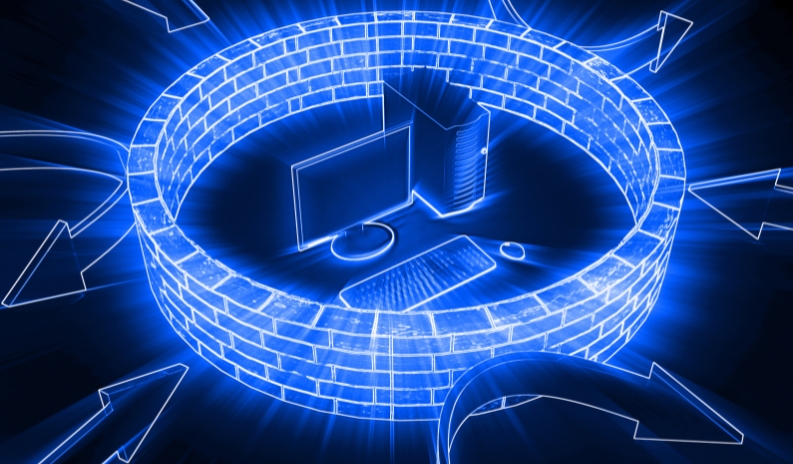
A firewall’s primary job is to protect the software as well as the hardware of a system. This is why companies with their own server should consider getting a firewall.
A firewall works like a barrier keeping malware and other equivalent elements from entering your network. Therefore, this is one of the most important systems you must include in your cybersecurity plan.
A firewall will protect your network with the help of surveillance and monitoring of traffic. Which in turn enhances the overall safety and security of your business.
8. Use VPN
A VPN or Virtual Private Network is another layer of network security that can help your business remain secure. A VPN allows individuals to remotely access the network even when they are traveling.
This not only enhances accessibility. In fact, it also helps individuals to bounce signals from one network to another. Therefore, it does not give hackers the space and time to enter a mainframe.
This can indirectly secure a network and help businesses avoid any sort of malicious network breach.
9. Keep Physical Devices Safe
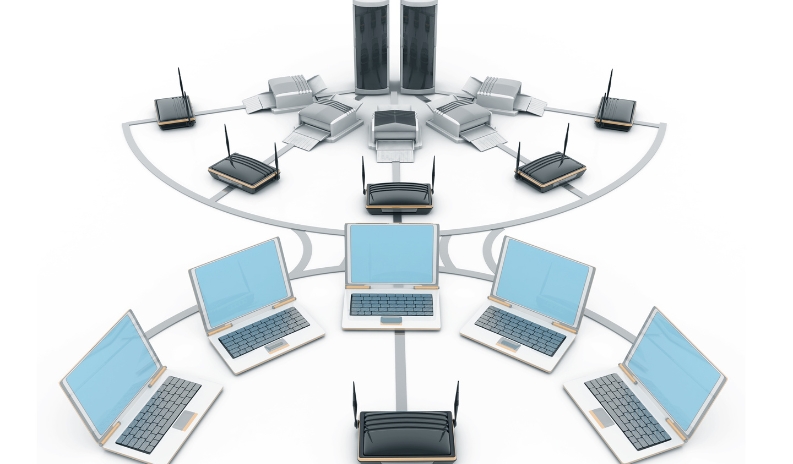
This might not be listed in any similar blog about business network security and cybersecurity. However, your onus is also to keep the physical devices safe.
Physical devices hold all the necessary and sensitive data one needs. As a result, not only do you need to keep the network secure, but you also have to keep the devices safe as well.
Make strict policies for employees who are given portable devices and make sure that everything they do on the device is monitored.
The Final Thought
Ultimately, you must remember that enhancing your business network security is not a linear road to anywhere. It is a complex and nuanced subject that needs careful consideration and understanding.
Therefore, if you are truly looking for a cybersecurity solution, consider hiring a cybersecurity expert. This will enable you to become more independent in terms of security. Thank you, and have a great day ahead.
Read More:



























































































